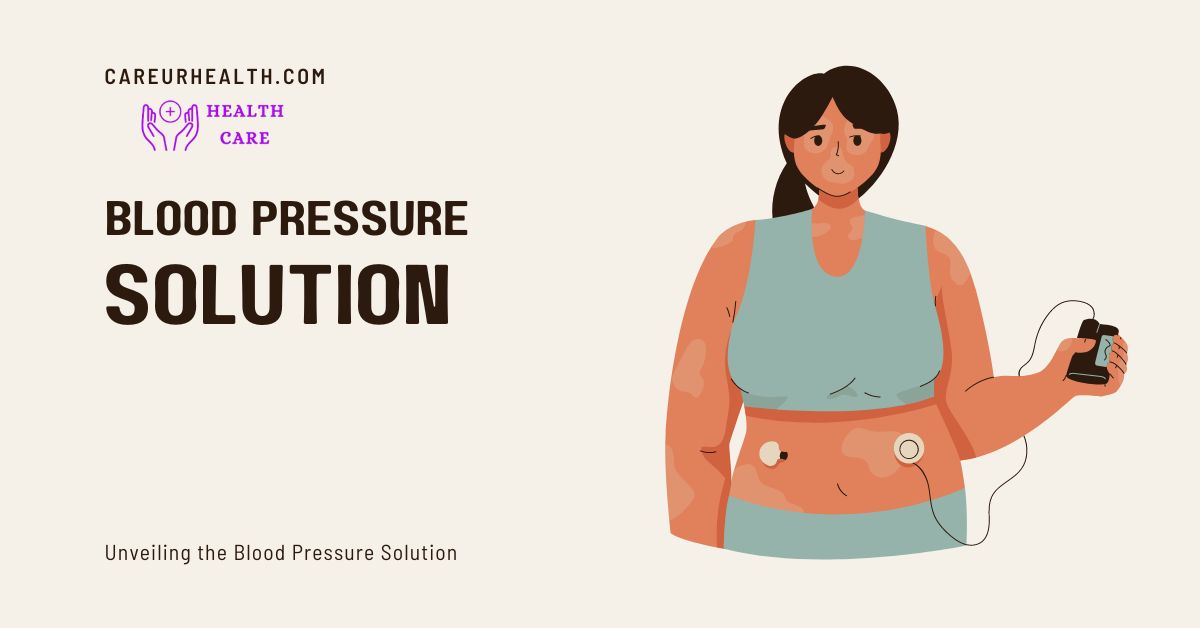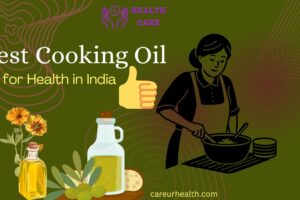Hypertension, commonly known as high blood pressure, silently stalks millions worldwide, often lurking without symptoms until it strikes with devastating consequences. In this introduction, we embark on a journey to unravel the complexities of hypertension, exploring its prevalence, impact, and the urgent need for effective solutions. Let’s explore the blood pressure solution.
The Prevalence of Hypertension
Hypertension knows no boundaries, affecting individuals across age groups, genders, and ethnicities. According to the World Health Organization (WHO), hypertension is a global epidemic, with an estimated 1.13 billion people worldwide living with elevated blood pressure. In both developed and developing nations, hypertension remains a leading cause of cardiovascular disease, stroke, and premature death.
The Silent Killer: Understanding the Impact
What makes hypertension particularly insidious is its stealthy nature. Unlike many other health conditions that manifest with noticeable symptoms, hypertension often progresses unnoticed, silently damaging blood vessels, the heart, and other vital organs. Left unchecked, it paves the way for a myriad of life-threatening complications, including heart attack, stroke, kidney failure, and vision loss.
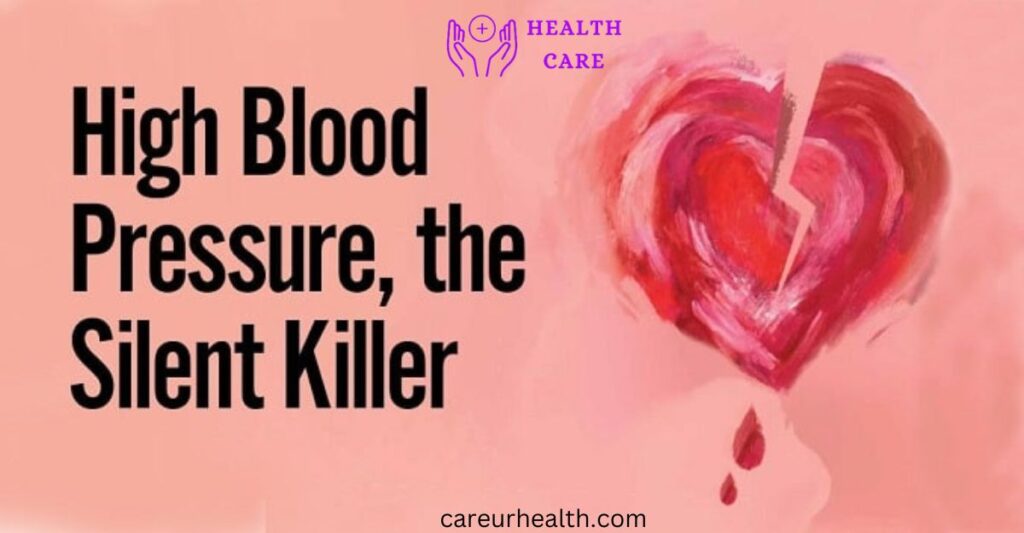
The Urgency for Solutions
As the silent killer exacts its toll on global health, the need for effective solutions has never been more pressing. While medical advancements have provided treatments to manage hypertension, the key lies in prevention and holistic management strategies. By understanding the root causes, implementing lifestyle changes, and fostering a culture of proactive health management, individuals can reclaim control over their blood pressure and reduce the burden of hypertension-related morbidity and mortality.
In the chapters that follow, we delve deeper into the intricate web of hypertension, exploring the factors contributing to its rise, unveiling the strategies for effective management, and empowering individuals to take charge of their cardiovascular health. Welcome to the blood pressure solution—a journey towards optimal health and vitality.
Understanding Hypertension: Deciphering the Silent Threat
Defining Hypertension
Hypertension, commonly referred to as high blood pressure, occurs when the force of blood against the walls of the arteries is consistently too high. Blood pressure is measured in millimetres of mercury (mmHg) and is recorded as two numbers: systolic pressure (the top number) and diastolic pressure (the bottom number). Normal blood pressure is typically considered to be around 120/80 mmHg. Hypertension is diagnosed when blood pressure consistently measures 130/80 mmHg or higher.
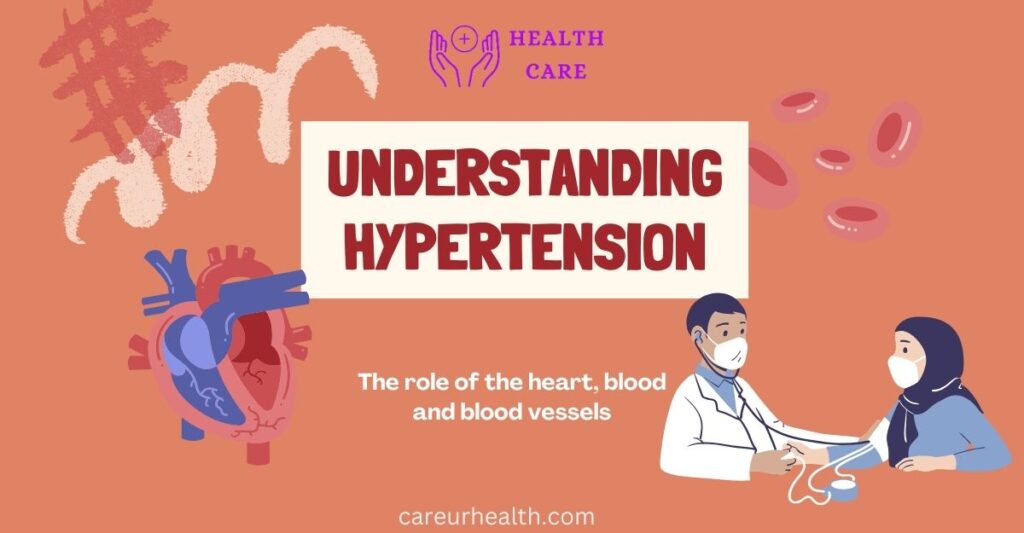
The Silent Nature of Hypertension
One of the most insidious aspects of hypertension is its silent progression. Unlike many other health conditions that present noticeable symptoms, hypertension often goes undetected for years, earning its reputation as the “silent killer.” Without routine blood pressure monitoring, individuals may remain unaware of their elevated blood pressure levels until they experience a cardiovascular event or complication.
Causes and Risk Factors
Hypertension can stem from a combination of genetic, lifestyle, and environmental factors. Risk factors for developing hypertension include:

- Unhealthy Diet: Consuming excessive sodium, saturated fats, and processed foods can contribute to hypertension.
- Lack of Physical Activity: Sedentary lifestyles and insufficient exercise can increase the risk of developing high blood pressure.
- Obesity: Excess weight, particularly around the waistline, is strongly associated with hypertension.
- Smoking: Tobacco use and exposure to secondhand smoke can raise blood pressure and damage blood vessels.
- Stress: Chronic stress can contribute to hypertension by increasing heart rate and constricting blood vessels.
- Age and Family History: The risk of hypertension tends to increase with age, and individuals with a family history of hypertension are at greater risk.
Complications of Hypertension
Untreated or poorly managed hypertension can lead to a variety of serious health complications, including:
- Heart Disease: Hypertension is a major risk factor for heart attack, coronary artery disease, and heart failure.
- Stroke: High blood pressure can damage blood vessels in the brain, increasing the risk of stroke.
- Kidney Damage: Hypertension can impair kidney function and contribute to chronic kidney disease.
- Vision Loss: Damage to the blood vessels in the eyes can lead to vision impairment or blindness.
Managing Blood Pressure: Empowering Health and Vitality
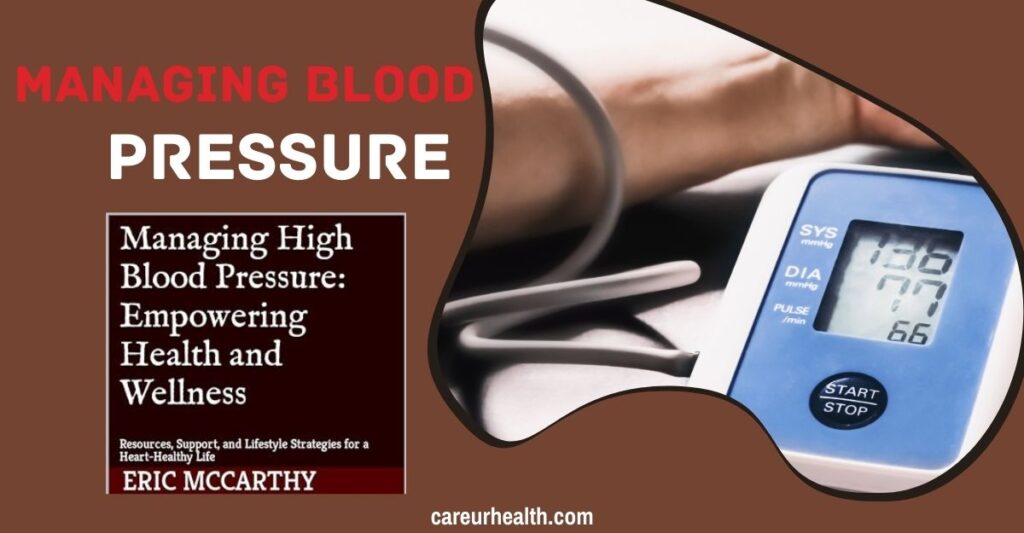
Lifestyle Modifications: A Foundation for Healthy Blood Pressure
Embracing lifestyle modifications forms the cornerstone of effective blood pressure management. Dietary adjustments, regular physical activity, stress reduction techniques, and weight management strategies . Also collectively contribute to achieving and maintaining optimal blood pressure levels. This is one of the blood solutions.
Dietary Approaches: Fueling the Body for Health
Adopting a heart-healthy diet, such as the DASH (Dietary Approaches to Stop Hypertension) diet, can significantly impact blood pressure levels. This dietary approach emphasizes fruits, vegetables, whole grains, lean proteins, and low-fat dairy while limiting sodium, saturated fats. Also added sugars. Incorporating potassium-rich foods, such as bananas, spinach, and sweet potatoes, can also help lower blood pressure by counteracting. Also the effects of sodium.This is one of the blood solution.
Regular Exercise: Strengthening the Heart and Vessels
Physical activity is a powerful tool for managing blood pressure. Engaging in aerobic exercises, such as walking, swimming, or cycling. But for at least 150 minutes per week can improve cardiovascular health and lower blood pressure. Strength training exercises, focusing on major muscle groups, further enhance heart function and promote overall fitness. Consistency is key, as regular exercise helps maintain healthy blood pressure levels over time.This is one of the blood solution.
Stress Management: Finding Peace Amidst Chaos
Chronic stress can contribute to elevated blood pressure levels, making stress management an essential component of hypertension management. Techniques such as deep breathing exercises, meditation, yoga, and progressive muscle relaxation can help reduce stress and promote relaxation. Additionally, cultivating hobbies, spending time in nature, and fostering meaningful social connections can provide further stress relief and support overall well-being.
Weight Management: Shedding Excess Pounds for Health
Excess weight, particularly around the waistline, is closely linked to hypertension. Losing even a modest amount of weight can lead to significant reductions in blood pressure. Combining a balanced diet with regular exercise is the most effective approach to weight management. Setting realistic goals, tracking progress, and seeking support from healthcare professionals or support groups can enhance success in achieving and maintaining a healthy weight.
Medication Management: Navigating Treatment Options
In some cases, lifestyle modifications alone may not be sufficient to control blood pressure, necessitating the use of medication. There are several classes of medications available to treat hypertension, including diuretics, ACE inhibitors, angiotensin II receptor blockers, beta-blockers, and calcium channel blockers. It is essential to work closely with a healthcare provider to determine the most appropriate medication regimen based on individual needs, monitor blood pressure regularly, and address any concerns or side effects promptly.
Medication: A Vital Component of Blood Pressure Management
While lifestyle modifications play a crucial role in blood pressure management, medication may be necessary for individuals with hypertension, especially when lifestyle changes alone are insufficient to achieve target blood pressure levels. Medications for hypertension work by either reducing the volume of blood circulating in the body, relaxing and widening blood vessels, or decreasing the force of the heart’s contractions.
Diuretics: Diuretics, also known as water pills, help the kidneys remove sodium and water from the body, reducing the volume of fluid in the bloodstream. This decrease in blood volume leads to lower blood pressure. Common diuretics include thiazide diuretics, loop diuretics, and potassium-sparing diuretics. This is one of the blood solution.
ACE Inhibitors: ACE (angiotensin-converting enzyme) inhibitors block the production of angiotensin II, a hormone that constricts blood vessels, thereby lowering blood pressure. By relaxing blood vessels, ACE inhibitors reduce resistance to blood flow and decrease the workload on the heart. Examples of ACE inhibitors include lisinopril, enalapril, and captopril.This is one of the blood solution.
Angiotensin II Receptor Blockers (ARBs): ARBs work similarly to ACE inhibitors by blocking the action of angiotensin II, leading to blood vessel relaxation and decreased blood pressure. Unlike ACE inhibitors, ARBs do not cause the cough side effect that is sometimes associated with ACE inhibitors. Common ARBs include losartan, valsartan, and olmesartan.This is one of the blood solution.
Beta-Blockers: Beta-blockers reduce blood pressure by blocking the effects of adrenaline on the heart, slowing the heart rate, and decreasing the force of contractions. This results in lower blood pressure and reduced workload on the heart. Beta-blockers are often prescribed for individuals with hypertension, angina, or heart failure. Examples of beta-blockers include metoprolol, atenolol, and propranolol.This is one of the blood solutions.
Calcium Channel Blockers: Calcium channel blockers prevent calcium from entering cells in the heart . Also blood vessel walls, leading to relaxation of blood vessels and decreased blood pressure. This class of medications also reduces the workload on the heart and can be effective in treating hypertension. Common calcium channel blockers include amlodipine, diltiazem, and verapamil.This is one of the blood solution.
Individuals with hypertension need to work closely with their healthcare provider to determine the most appropriate medication. Also regimen based on their specific health needs and potential side effects. Regular monitoring of blood pressure and medication adherence is crucial for effective blood pressure management and overall cardiovascular health.
Conclusion
In conclusion, effective management of blood pressure solution multifaceted approach that combines lifestyle modifications and, when necessary, medication. By adopting a heart-healthy diet, engaging in regular physical activity, managing stress, maintaining a healthy weight. following prescribed medication regimens, individuals can take control of their blood pressure and reduce their risk of hypertension-related complications. Empowered with knowledge and equipped with the tools for proactive health management. Also individuals can strive towards optimal cardiovascular health, enhancing their quality of life and vitality for years to come. Remember, small changes today can lead to significant improvements in blood pressure and overall well-being tomorrow.
Frequently Aske Questions ( FAQs)
What is “The Blood Pressure Solution”?
“The Blood Pressure Solution” is a comprehensive guide or program designed to help individuals lower their blood pressure . Also naturally through lifestyle changes, dietary adjustments, and other holistic approaches.
Who is the author of “The Blood Pressure Solution”?
The author of “The Blood Pressure Solution” is typically Dr. Marlene Merritt, a well-known healthcare provider specializing in natural solutions for various health issues.
What are some common causes of high blood pressure addressed in “The Blood Pressure Solution”?
Common causes addressed in the program include poor diet, lack of exercise, stress, obesity, smoking, excessive alcohol consumption, and genetics.
Is “The Blood Pressure Solution” suitable for everyone?
While the program offers natural solutions, it’s always best to consult with a healthcare professional before starting any new health regimen. especially if you have underlying health conditions or are currently on medication.
What are some key lifestyle changes recommended in “The Blood Pressure Solution”?
Recommendations often include adopting a healthy diet rich in fruits, vegetables, whole grains, and lean proteins. Also engaging in regular exercise, managing stress through relaxation techniques, getting adequate sleep, and avoiding tobacco and excessive alcohol consumption.
Does “The Blood Pressure Solution” involve any specific dietary recommendations?
Yes, the program typically suggests reducing sodium intake, increasing potassium-rich foods. Also limiting processed foods and refined sugars, and emphasizing a Mediterranean-style diet known for its heart-healthy benefits.
Are there any supplements recommended in “The Blood Pressure Solution”?
While individual recommendations may vary, some supplements commonly suggested. Include magnesium, potassium, CoQ10, omega-3 fatty acids, and garlic extract, among others. However, it’s essential to consult with a healthcare professional before starting any new supplements.
How long does it take to see results with “The Blood Pressure Solution”?
Results vary depending on individual circumstances. But many people report seeing improvements in blood pressure within a few weeks to a few months of implementing the program’s recommendations consistently.
Is “The Blood Pressure Solution” backed by scientific evidence?
The program often references scientific studies and evidence-based approaches to support its recommendations. However, it’s essential to critically evaluate the evidence and consult reputable sources for additional information.
Can “The Blood Pressure Solution” be used as a standalone treatment for high blood pressure?
While “The Blood Pressure Solution” offers valuable insights and strategies. it’s essential to view it as part of a comprehensive approach to managing high blood pressure. It’s important to work with a healthcare professional to tailor a treatment plan that meets your individual needs. Also addresses any underlying health conditions.
The Yoga Institute







